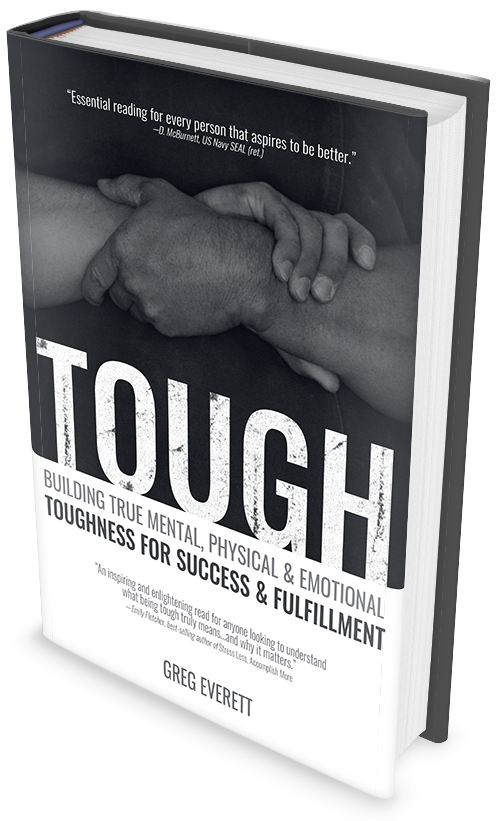Throughout our lives, we evaluate ourselves frequently—most often this is an unconscious process, but our attitude, sense of contentment, and outlook on life are all influenced by the results whether or not we’re aware any type of assessment is occurring. The more self-aware among us transform this natural process of self-evaluation that runs in the background into a conscious, intentional act with clear purpose—it’s a way to learn more about ourselves, understand what drives us and why, and find ways to better achieve the collective elements that coalesce to create a sense of fulfillment.
The most common metric of self-evaluation, even once it initially becomes conscious, is direct comparison to others—are we stronger, faster, more intelligent, more attractive, more popular, richer, and more successful than whoever we’re focused on… or not? The problems with this are numerous to say the least, and even the very foundation of the system is nonsensical—whom we choose to compare ourselves with is nearly always arbitrary, so even on its face, it’s a meaningless measurement.
More importantly, evaluation by comparison is doomed to produce discontent, discouragement and a sense of failure because the reality is that there will always be someone out there better than us in any given metric at some point. Even the literal best in the world don’t stay that way forever. An athlete who holds a world record may be elated with the achievement, but what happens when that record is broken after the athlete’s career has peaked and no further chances to improve exist? If that’s the individual’s measure of fulfillment, it means the remainder of their life is a disappointment with no possible remedy.
In every single metric of comparison, it’s not only not difficult, but impossible not to find someone who exceeds our own status—our minds will actively seek examples until we can find one that proves our concerns are legitimate. Worse, with more subjective criteria, if we have this mindset, we’ll convince ourselves of our inferiority and failure even if it’s not objectively accurate—it’s the unavoidable product of this way of thinking.
Healthy and productive self-evaluation is concerned with only two metrics: our own values primarily, and our chosen goals secondarily. Do our behavior, words and character reflect and support our values or not? Are we working toward our goals actively and effectively or not? Where are we falling short in these intentions, and how do we improve? In other words, this evaluation is entirely self-contained—in no way does it consider anything beyond ourselves.

